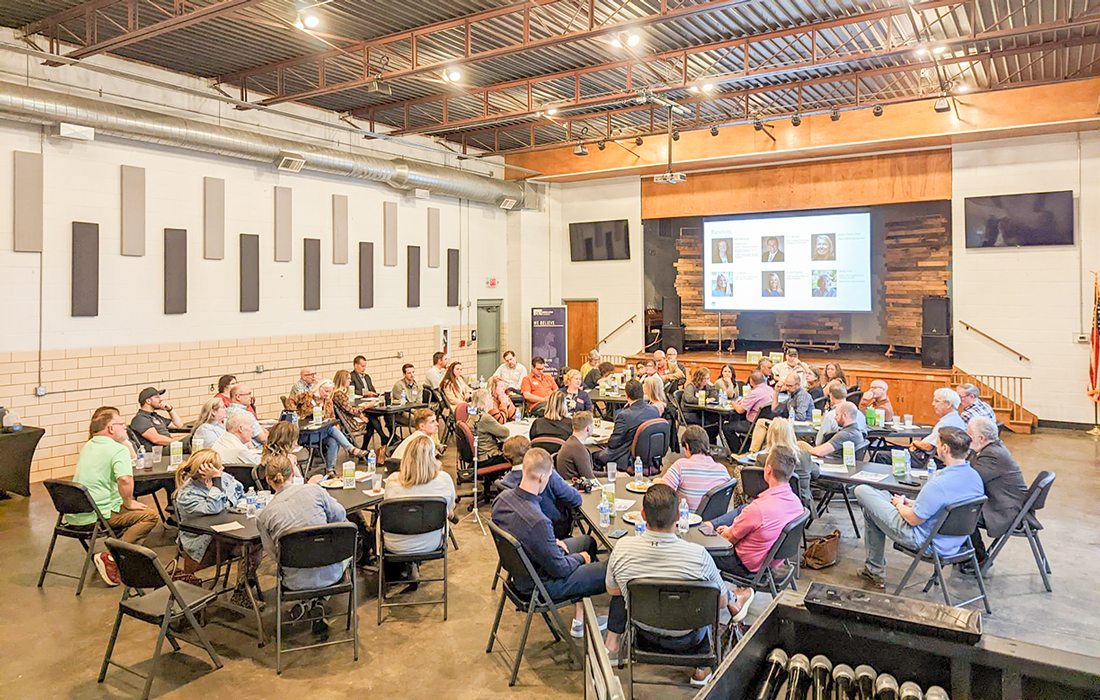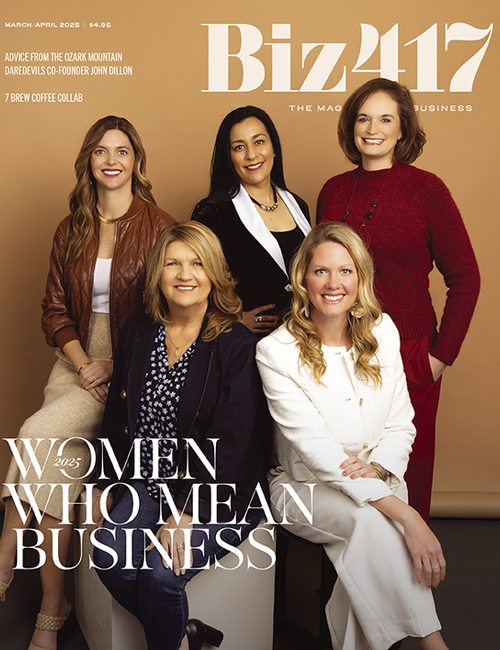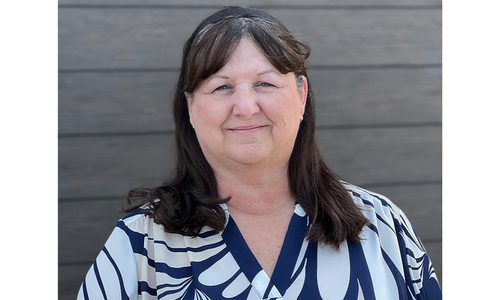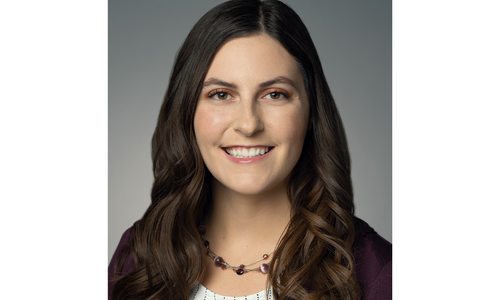
Strategy
Transforming Southwest Missouri's Future with the Urban Land Institute
The new Southwest Missouri chapter of Urban Land Institute gathers professionals in every sector of real estate development. They seek to create positive change for decades to come.
by Jennifer Swenson
May 2024

Southwest Missouri is now home to its own chapter of Urban Land Institute, or ULI. ULI is a nonprofit organization that focuses on research and education related to land use and urban development. With more than 45,000 members in 80 countries, the grassroots organization is well-known for its leadership in fostering sustainable and thriving communities. In Southwest Missouri, ULI is bringing together professionals from multiple disciplines, each involved in some aspect of real estate development, to ignite critical conversations, resources and initiatives that will transform southwest Missouri’s future.
“Real estate development is a really big tent, involving architects, city officials, bankers, real estate agents, developers and more,” says Brandon Biskup, a Springfield-based architect and the founder and chair of the local chapter. “ULI provides a connector and offers a huge body of knowledge on the latest research and best practices.” According to Tim Rosenbury, AIA, founding member of ULI and Director of Quality of Place Initiatives for the City of Springfield, “ULI is to the development community what the bar is to the legal profession or the American Medical Association is to physicians. ULI engages many of the people involved in the development enterprise.”
Biskup discovered ULI’s potential after attending a conference of the Northwest Arkansas chapter in early 2023. “He came back from that conference on fire,” says Rosenbury. In addition to Biskup and Rosenbury, realtor Nancy Caughlan Evans and architect/developer Bruce Adib-Yazdi have been key champions for the effort; each has played a crucial role in getting ULI off the ground in the region.
The local chapter offers core programming of quarterly panels and socials. These events serve as resources for continuing education and innovation. For example, at one of the chapter’s initial events in summer 2023, a consultant from Northwest Arkansas highlighted a unique approach for middle housing. “We hear from a lot of people that we have a housing crisis,” says Biskup, “and [the speaker] provided a new idea that is latching on in other communities. The event planted a seed in people’s minds that we can do this locally.” ULI recently hosted a panel on transportation. “We are looking at the future—recreational trails, bike lanes, bus infrastructure and even more modes of transportation, like autonomous cars and the trucking industry,” says Biskup.
Biskup refers to the “endless potential” of ULI’s offerings and cites special initiatives that have taken place in other communities, such as a women’s leadership group and a real estate diversity initiative. “ULI is impact-oriented and member-driven. We don’t want to be just a networking group,” he says. “If there is something people are passionate about, ULI can help with it.” ULI recently launched a professional development initiative, where individuals can dive into “the nuts and bolts” of an issue. The initiative’s kickoff event offered an in-depth site tour of Springfield’s new Moxy Hotel with developer Tim O’Reilly; attendees learned about the challenges of building the hotel and how they were overcome.
All this comes at a fitting time for the region, amid the City of Springfield’s implementation of its comprehensive plan, Forward SGF 2040. Forward SGF 2040 is a blueprint that will direct Springfield’s development and guide decision-makers over the next two decades. The plan “prescribes a different way of looking at how we develop real estate in the community,” says Rosenbury. “It’s moving away from isolated buildings on isolated sites to an integrated, mixed-use, neighborhood-oriented approach. ULI has been promoting this kind of mixed-use pattern for decades. [The organization] offers research and results in this kind of development, which is going to be a different way of doing things in Southwest Missouri. By having an active ULI chapter, development in southwest Missouri will be better.”
Rosenbury continues, “The comprehensive plan doesn’t map out what should be done. It identifies broadly the ‘how’ of development, but the private sector determines what gets to be built. [With ULI], there could emerge a cohort of real estate developers that are able to responsibly innovate by accessing the information that ULI has accumulated on mixed-use and dense development. We are going to need the next generation of developers to think differently about almost everything, simply because everything is different.” To that end, ULI’s leadership is dedicated to supporting emerging young professionals and seeks to get them involved as early in their careers as possible.
Urban Land Institute is all about facilitating a forum of like-minded individuals who want to tackle community development comprehensively. The Southwest Missouri chapter brings together city officials, engineers, realtors, neighborhood advocates and more. At meetings, attendees are free to ask tough questions and to engage in thoughtful conversations. According to Biskup, “ULI helps rise the tide and create lasting change.”












